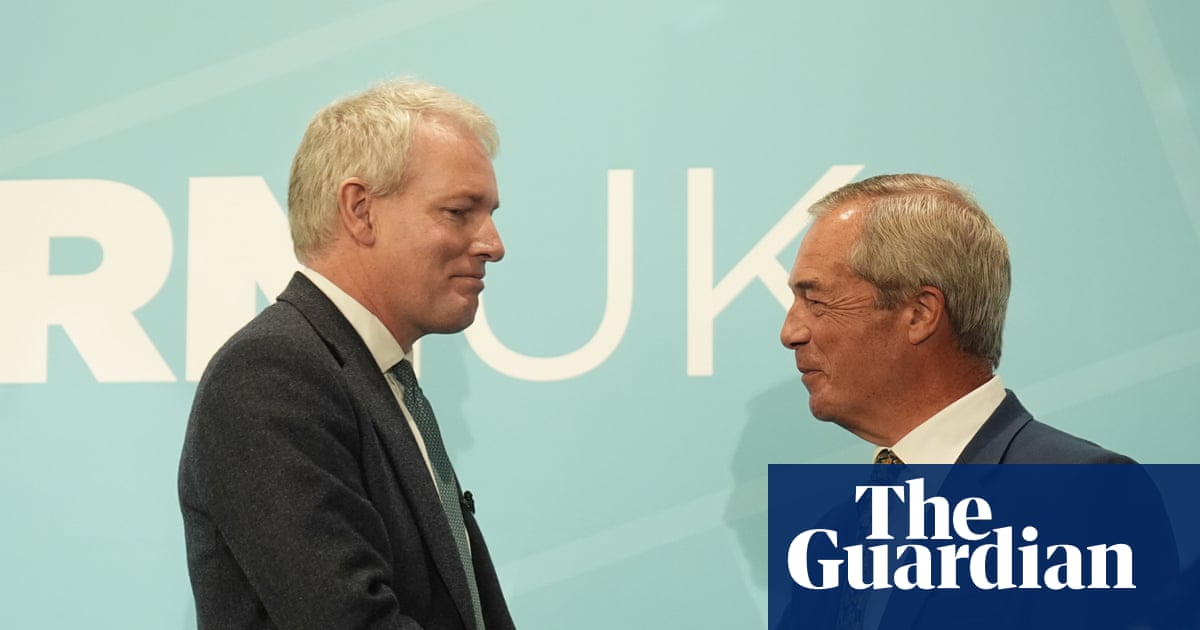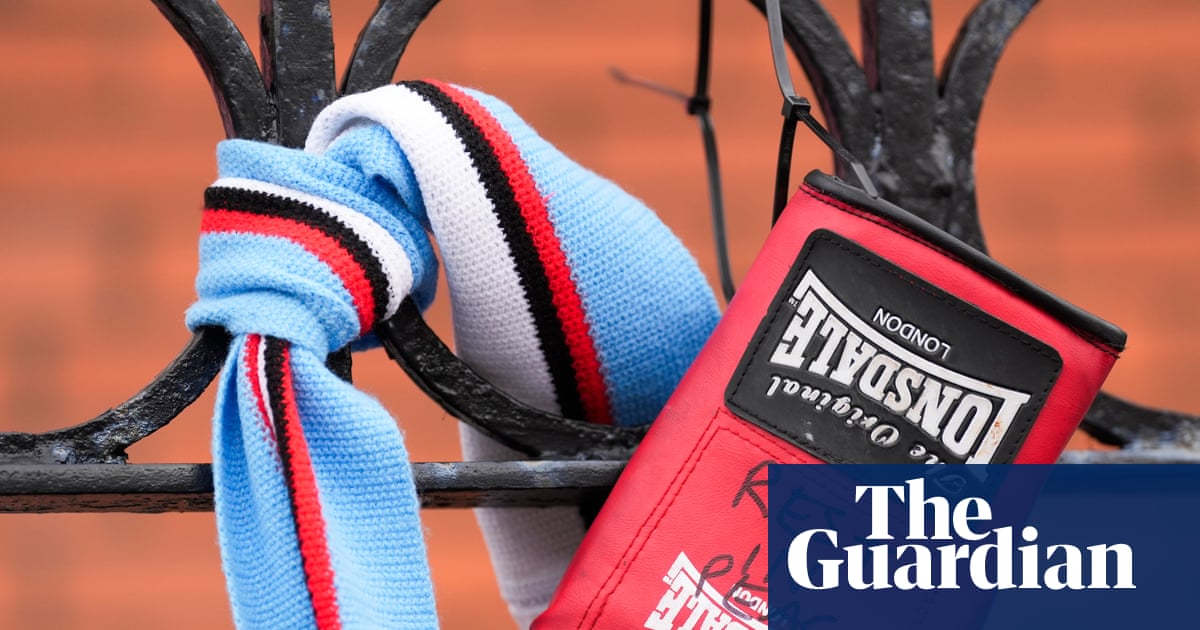At least £357m in carer’s allowance benefit was paid out in error over the past six years because of official failures, resulting in debt and misery being inflicted on hundreds of thousands of people.
The bulk of the figure relates to minor breaches of earnings rules by carers that the Department for Work and Pensions (DWP) was alerted to but did not check, allowing carers to run up huge overpayments over months and years.
Carers UK, which used new official fraud and error data to calculate the £357m figure, described it as an unacceptable failure by the DWP, which years ago promised new technology would almost entirely eradicate carer’s allowance overpayments.
“Given that unpaid carers were falsely assured that the problem would be largely resolved in 2019, they deserve better, and we’ve asked the government to strike off debts where they could have told carers sooner,” said Emily Holzhausen, director of policy and public affairs at Carer’s UK.
Carer Guy Shahar, whose family is being pursued by the DWP for £10,000 in earnings overpayments , described the £357m figure as “shocking”. He called for the sum to be written off given the department failed to stop the overpayments as promised.
“The DWP’s negligence and failure to follow even its own low standards have led to this ridiculous situation that they promised to have sorted out years ago,” he added.
“They are making criminals out of the vulnerable families they are supposed to be helping, and piling unnecessary debt, hardship, anxiety and massive adversity on to them in order to avoid taking responsibility for their own failures. It would be much fairer to write the whole thing off.”
A Guardian investigation into carer’s allowance over the past year has detailed the horrific financial and emotional impact on carers of overpayments, but the latest figures also highlight the extent to which official failures meant huge amounts of taxpayers’ money was needlessly wasted.
Tens of thousands of carers have unwittingly fallen foul of earnings rules each year since the DWP permanent secretary Sir Peter Schofield promised MPs in 2019 that new technology would eradicate the problem by preventing overpayments “in some cases before they happen”.
The verify earnings and pensions tool, known as VEP, introduced in 2018, was meant to enable DWP to swiftly check thousands of electronic alerts of potential earnings breaches by carer’s allowance claimants each month.
However, the DWP decided as a matter of policy to only investigate half of all VEP alerts, meaning breaches could go unidentified for long periods. This led to carers unwittingly running up huge avoidable overpayments, and typically having to repay sums between £1,000 and £5,000 but in some cases as much as £20,000.
In the five years after VEP was presented as a “solution” to the problems of carer’s allowance, more than 262,000 overpayments totalling in excess of £325m were clawed back from carers, and 600 carers were prosecuted and received criminal records, according to the National Audit Office.
Ministers last month announced they would invest £800,000 to properly staff the carer’s allowance section to enable 100% of VEP alerts to be reviewed. This would enable overpayments to be tackled “when they arise” rather than “waiting until carers have built up large debts”.
Carers UK’s calculations were based on fraud and error data published by the DWP last week. The DWP report claims VEP has helped the department reduce levels of fraud and overpayment on carer’s allowance since they were last measured in 2020.
A DWP spokesperson said: “The carer’s allowance overpayment rate is the lowest on record. And we are going further by increasing funding and bringing in more staff to check 100% of alerts to help prevent carers falling into debt.
“We are absolutely clear that we want to eliminate waste and ensure people get the money they are entitled to, so we can invest in our public services as part of our plan for change.”

.png) 3 months ago
56
3 months ago
56

















































